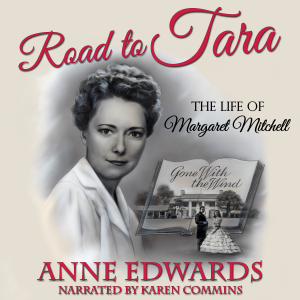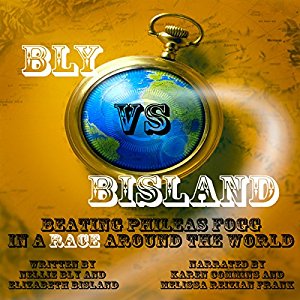
As I wrote over 10 years ago, in order for your ship containing job contracts to come sailing in to your harbor, you have to keep sending out promotional and prospecting ships into the world. But what happens when you don’t see any results from your efforts? It’s so easy to fall into a negative mindset, especially when it seems that every narrator you know is announcing on social media that they had scheduled work through the next 6 months even before they were just hired for a 10-book series.
I still am not at the level of success that I envision, and some days, the critical voice in my mind starts in on me about what I haven’t accomplished. I notice that mean girl never gives me credit for all of the things I HAVE done! No matter how circumstances may appear in the moment, the key is to push the doubts away and keep marching toward your dream.
In 2012, Dave Courvoisier wrote candidly on his blog about a dry spell he was experiencing in gaining work. In this article, I’m including and expanding on my response to him.
First, it’s possible to want something so badly that your desperation to have it can actually push it away from you. I wrote about this phenomenon in the article Voiceover and the Law of Paradoxical Intent.
I can tell you honestly that it was only after I truly ACCEPTED my life as it was that things really started to move forward for me.
Second, the number of jobs booked in a time period is only one small way of measuring success. I wrote about 3 techniques for maintaining a feel-good mentality about your career in the post The feel-good voiceover blog post of the summer!. I write my articles for myself as much as for my audience, and this is one post that I often re-read to maintain balance and objectivity during slow times.
I cannot overemphasize the 3rd technique too much — STOP THE COMPARISONS TO OTHER PEOPLE! It is the single greatest act of self-negation that keeps us from our good.
In fact, when I listened to Rob Lowe’s most excellent narration of his autobiographical audiobook Stories I Only Tell My Friends, I heard a compelling reason to keep going forward with your dream. When Lowe talked about meeting an unknown LeVar Burton about a week before ROOTS was aired on TV, he said:
“It showed me how quickly the rocket fuel of stardom can ignite, how unimaginably GIANT the g-forces can be as you are propelled into fame’s orbit.
Looking back, I also wonder at the mystery of destiny and fate. I marvel at the mercurial forces of fortune and am reminded that one must be ever vigilant to stay on one’s own path, without envy of others.”
When I don’t know what the next step is, I just take one. It doesn’t matter what it is. It doesn’t matter if it’s the best thing I could do at the time. It doesn’t matter if other people agree with me, cheer me on, throw spitballs my way, or totally ignore me.
It’s not about them. It’s about me. It’s about “staying vigilant on my path, without envy of others.”
All that matters is that I take that step…..because that step gets me one step closer to the life I’m meant to lead.
Law of Attraction
Shortly after I responded on Dave’s blog, I wrote the article Power of “I Am” In Maintaining a Positive Attitude. Whatever you put after those 2 words becomes a self-fulfilling prophecy.
A passage in the 12/15/17 Science of Mind magazine daily guide really brings home this point.
“Whenever a negative, demeaning thought is believed and allowed to repeat, it is a prayer. “I am [blank] is a prayer. This thought repeatedly spoken becomes a belief. A belief becomes a reality, a prayer answered. By repeating the thoughts, “I am not good enough”…or “Life has always been a struggle”, I am actually creating that reality.
One of our greatest tools is practicing discipline with what we allow ourselves to think. The reality is that you must first believe your affirmation to be true of you.
…See and know your good, then praise and embrace it.”
We need to keep thinking and believing that the success we seek is coming to us. What we think about expands. If we focus on what we think we lack, we will continue to experience more of the same lack.
Just because things don’t happen on our timetable or in the way that we would expect them to show up doesn’t mean they aren’t going to happen. They probably will happen and be even greater than we could imagine!
Just keep smiling, taking steps, and sending out those ships!




